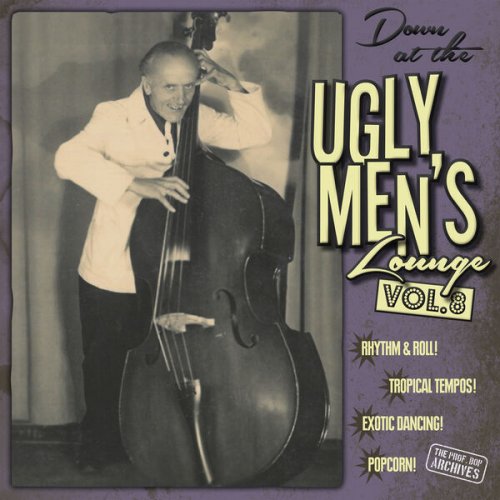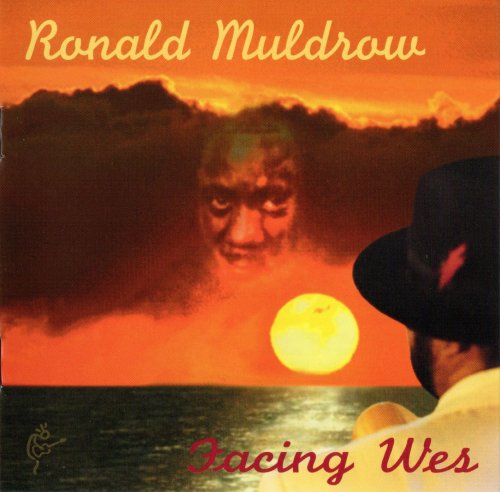Stan Getz - Verve Ultimate Cool (2013)

Artist: Stan Getz
Title: Verve Ultimate Cool
Year Of Release: 2013
Label: Decca
Genre: Jazz, Bossa Nova
Quality: FLAC (tracks)
Total Time: 46:47
Total Size: 204 Mb
WebSite: Album Preview
Tracklist: Title: Verve Ultimate Cool
Year Of Release: 2013
Label: Decca
Genre: Jazz, Bossa Nova
Quality: FLAC (tracks)
Total Time: 46:47
Total Size: 204 Mb
WebSite: Album Preview
01. My Funny Valentine (Mono Version)
02. Body And Soul
03. Desafinado (Stereo Version)
04. Blues For Mary Jane
05. Moonlight In Vermont
06. Nobody Else But Me
07. Thanks For The Memory
08. Stella By Starlight
09. Pennies From Heaven
10. Summertime
The 2013 compilation Verve Ultimate Cool: Stan Getz brings together a handful of laid-back recordings from saxophonist Stan Getz. These are cuts Getz recorded during the '50s and '60s, and run the gamut from romantic ballads and midtempo swingers to chilled-out bossa nova numbers. Included are such cuts as "My Funny Valentine," "Desafinado," "Stella by Starlight," and more.
One of the all-time great tenor saxophonists, Stan Getz was known as "The Sound" because he had one of the most beautiful tones ever heard. Getz, whose main early influence was Lester Young, grew to be a major influence himself, and to his credit he never stopped evolving.
Getz had the opportunity to play in a variety of major swing big bands while a teenager due to the World War II draft. He was with Jack Teagarden (1943) when he was just 16, followed by stints with Stan Kenton (1944-1945), Jimmy Dorsey (1945), and Benny Goodman (1945-1946); he soloed on a few records with Goodman. Getz, who had his recording debut as a leader in July 1946 with four titles, became famous during his period with Woody Herman's Second Herd (1947-1949), soloing (along with Zoot Sims, Herbie Steward, and Serge Chaloff) on the original version of "Four Brothers" and having his sound well-featured on the ballad "Early Autumn." After leaving Herman, Getz was (with the exception of some tours with Jazz at the Philharmonic) a leader for the rest of his life.
One of the all-time great tenor saxophonists, Stan Getz was known as "The Sound" because he had one of the most beautiful tones ever heard. Getz, whose main early influence was Lester Young, grew to be a major influence himself, and to his credit he never stopped evolving.
Getz had the opportunity to play in a variety of major swing big bands while a teenager due to the World War II draft. He was with Jack Teagarden (1943) when he was just 16, followed by stints with Stan Kenton (1944-1945), Jimmy Dorsey (1945), and Benny Goodman (1945-1946); he soloed on a few records with Goodman. Getz, who had his recording debut as a leader in July 1946 with four titles, became famous during his period with Woody Herman's Second Herd (1947-1949), soloing (along with Zoot Sims, Herbie Steward, and Serge Chaloff) on the original version of "Four Brothers" and having his sound well-featured on the ballad "Early Autumn." After leaving Herman, Getz was (with the exception of some tours with Jazz at the Philharmonic) a leader for the rest of his life.
![Stephen Parisi Jr. - Buddy! (2026) [Hi-Res] Stephen Parisi Jr. - Buddy! (2026) [Hi-Res]](https://img.israbox.com/img/2026-02/20/fvrxk8mfalmhx2kjnbwaetofm.jpg)

![Juhani Aaltonen - Nostalgia (2026) [Hi-Res] Juhani Aaltonen - Nostalgia (2026) [Hi-Res]](https://img.israbox.com/img/2026-02/20/ocw86a7rfvhkxc576ic9tz17o.jpg)
![Hyper Elastic Jinx - We Vote Force Majeure (2026) [Hi-Res] Hyper Elastic Jinx - We Vote Force Majeure (2026) [Hi-Res]](https://www.dibpic.com/uploads/posts/2026-02/1771485115_cover.jpg)
![Lisanne Lyons - May I Come In (2026) [Hi-Res] Lisanne Lyons - May I Come In (2026) [Hi-Res]](https://www.dibpic.com/uploads/posts/2026-02/1771506063_vqohcely45tnt_600.jpg)

![Matt Monro - The Nearness Of You (2015) [Hi-Res] Matt Monro - The Nearness Of You (2015) [Hi-Res]](https://www.dibpic.com/uploads/posts/2026-02/1771594612_cover.jpg)
![Dave Slonaker Big Band - Shifty Paradigms (2026) [Hi-Res] Dave Slonaker Big Band - Shifty Paradigms (2026) [Hi-Res]](https://www.dibpic.com/uploads/posts/2026-02/1771506144_eu5h6bbhmvwxe_600.jpg)
